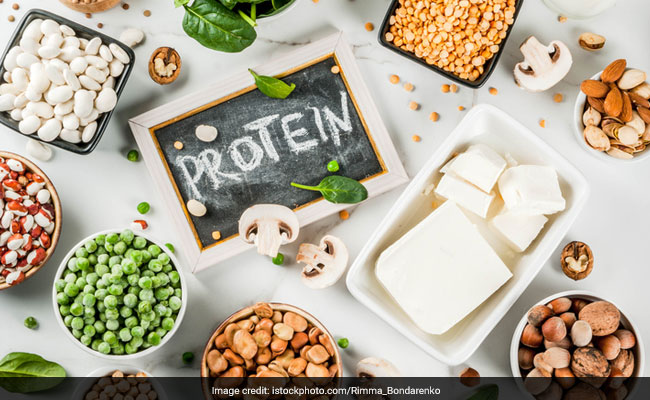The Importance of Protein in Your Diet: Food Sources and Recommendations
Proteins are the foundation of life, and every cell in the human body contains this essential nutrient. The structure of protein is a chain of amino acids that play a crucial role in repairing and building cells. In this article, we will explore the importance of protein in your diet and provide recommendations for the daily intake.
Food Sources of Protein
Protein foods are broken down into amino acids during digestion, which are required in large enough amounts to maintain good health. Animal sources such as meats, milk, fish, and eggs are rich in amino acids. However, plant sources such as soy, beans, legumes, nut butters, and some grains (such as wheat germ and quinoa) are also good sources of protein. You do not need to consume animal products to fulfill your daily protein requirements.
Types of Amino Acids
Amino acids are classified into three groups: essential, nonessential, and conditional.
Essential amino acids cannot be produced by the body and must be obtained through food. The daily intake of essential amino acids is essential to maintain good health. However, they do not need to be consumed at every meal. The balance over the whole day is more important.
Nonessential amino acids are produced by the body from essential amino acids or in the normal breakdown of proteins. These amino acids are not required to be consumed through food.
Conditional amino acids are needed in times of illness and stress. The body can produce these amino acids, but not in sufficient amounts under certain conditions.
Recommendations for Daily Protein Intake
The daily recommended intake of protein for healthy adults is 10% to 35% of their total calorie needs. One gram of protein supplies four calories. Therefore, a person on a 2000 calorie diet could consume 100 grams of protein, or 400 calories from protein, which would supply 20% of their total daily calories.
One ounce (30 grams) of most protein-rich foods contains seven grams of protein. This includes:
- 1 oz (30 g) of meat, fish, or poultry
- 1 large egg
- ¼ cup (60 milliliters) of tofu
- ½ cup (65 grams) of cooked beans or lentils
Low-fat dairy products are also an excellent source of protein. Whole grains contain more protein than refined or "white" products.
Children and teenagers may require different amounts of protein, depending on their age. Healthy sources of animal protein include turkey or chicken with the skin removed, bison, lean cuts of beef or pork, and fish or shellfish.
Other good sources of protein include pinto beans, black beans, kidney beans, lentils, split peas, or garbanzo beans, nuts and seeds (including almonds, hazelnuts, mixed nuts, peanuts, peanut butter, sunflower seeds, or walnuts), tofu, tempeh, and other soy protein products.
In Conclusion
Protein is a critical nutrient in your diet, and its importance should not be underestimated. The human body needs a variety of amino acids in sufficient amounts to maintain good health. By incorporating protein-rich foods into your diet, you can ensure that your body has the necessary building blocks for cellular growth and repair.
)
Comments